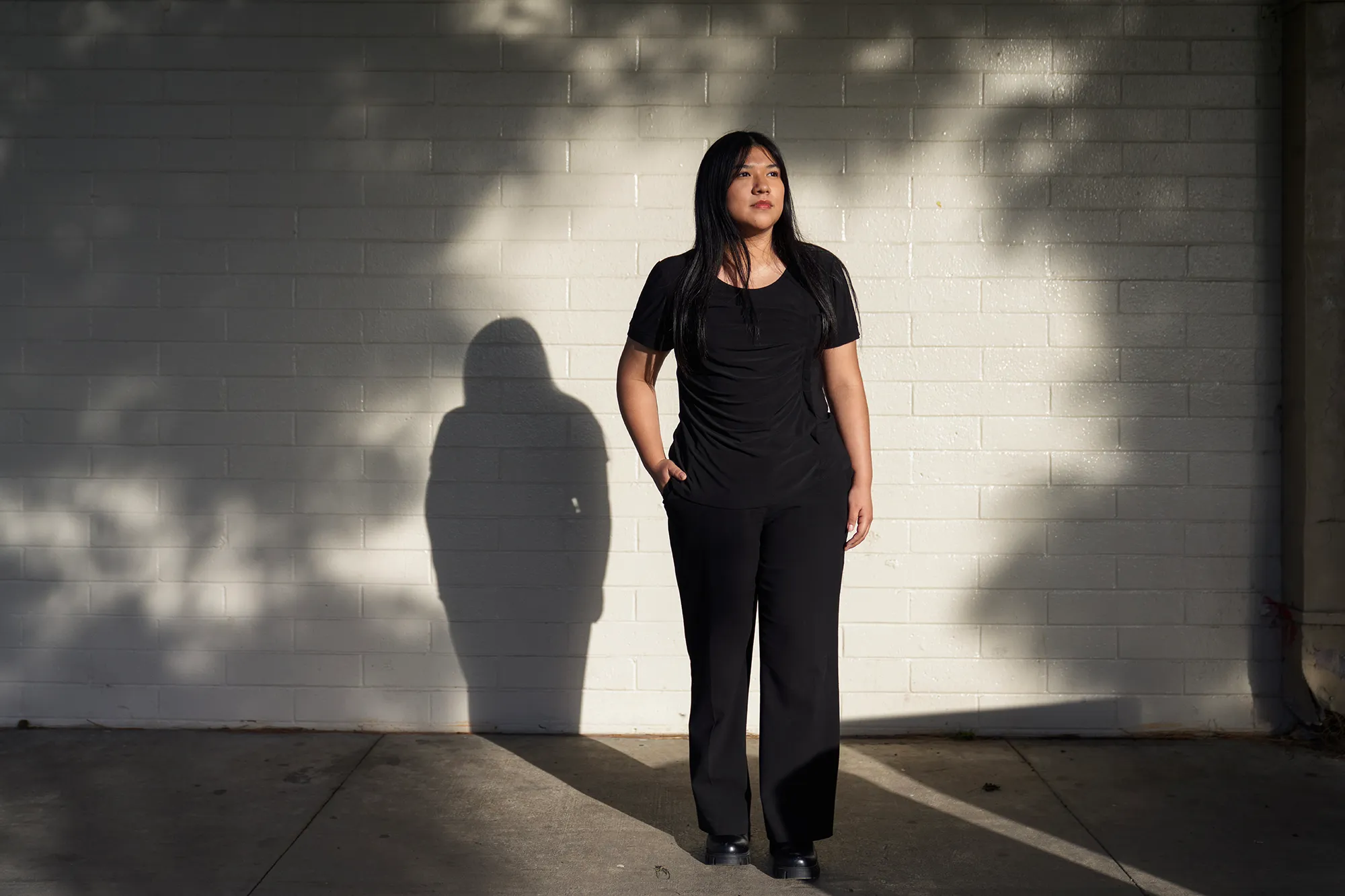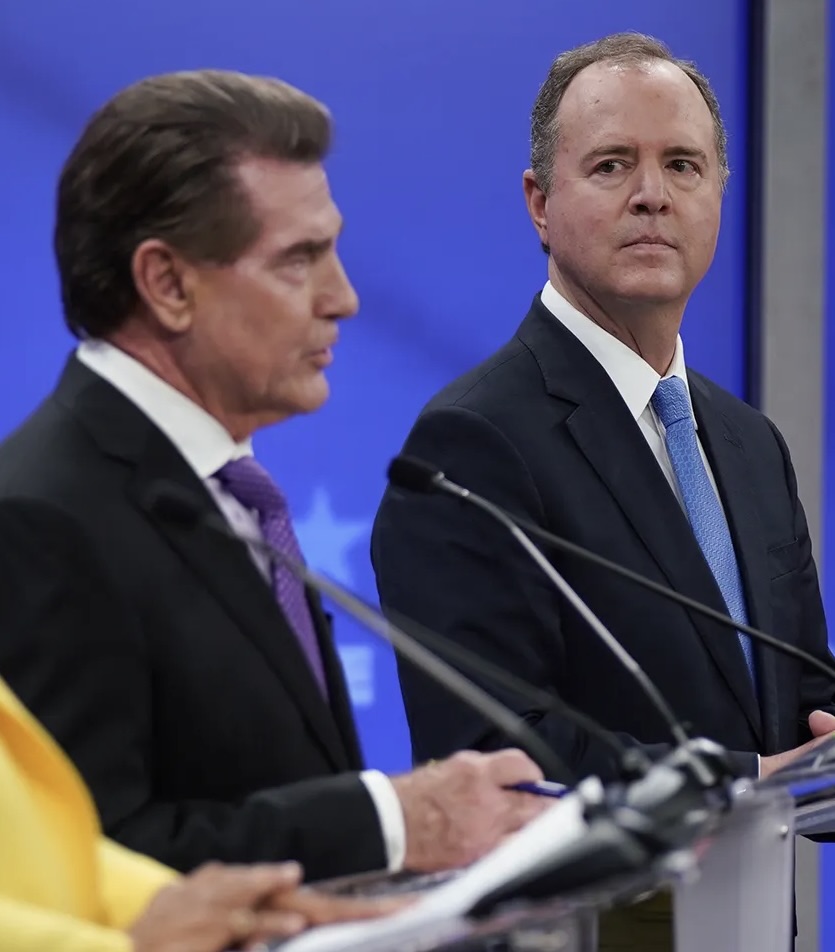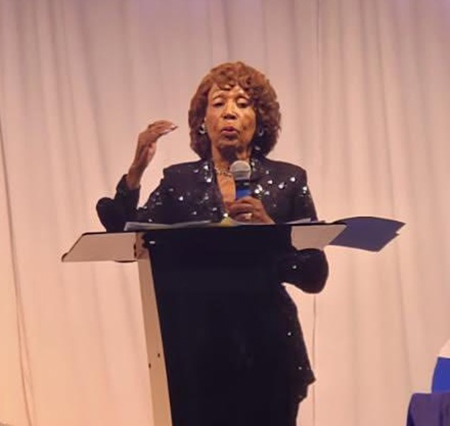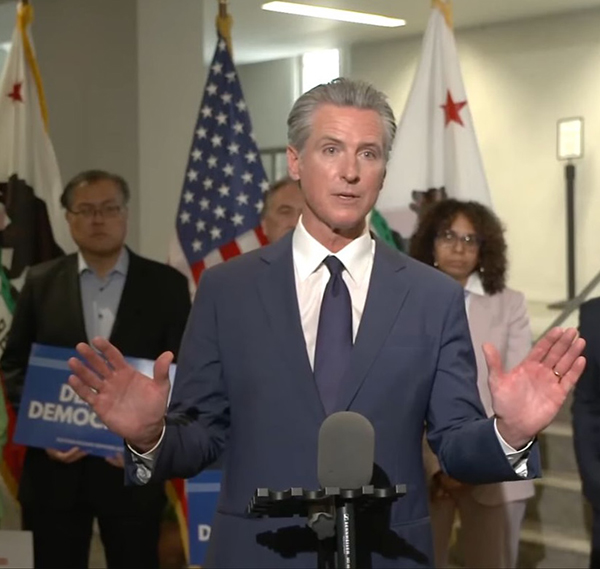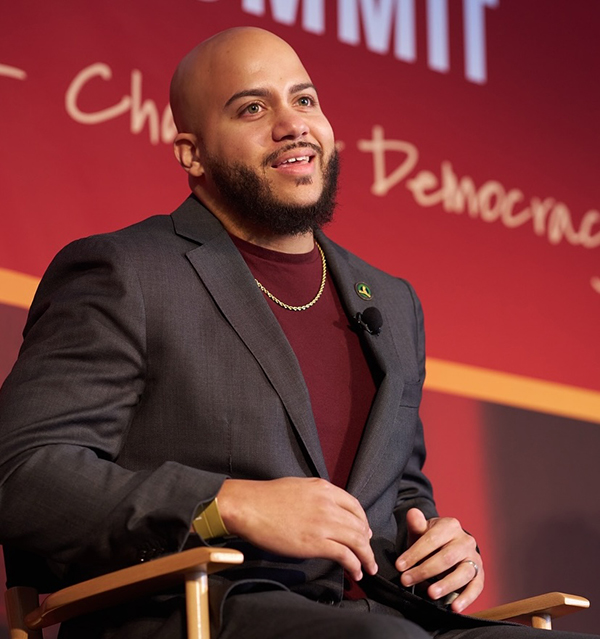Proposed legislation would eliminate ‘juvenile strikes’
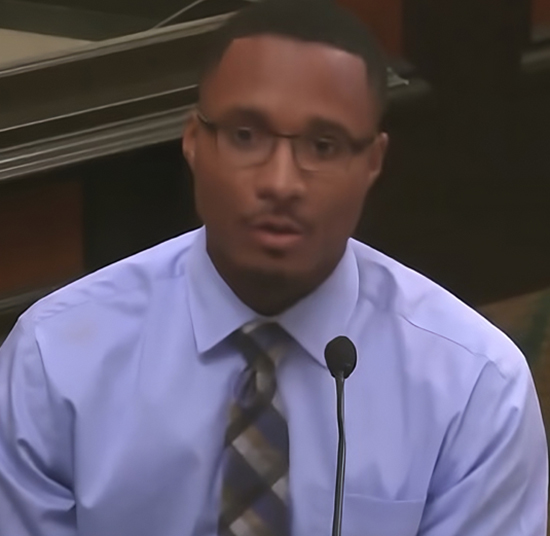
Jaubrae Dixon testified before the Assembly Public Safety Committee earlier this year in support of AB 1279. Convicted of a felony at age 17 that resulted in a ‘strike,’ he was tried as an adult and served nine years in prison. Under the Three Strikes law, juveniles who commit certain offenses at age 16 or older carry those strikes for life.
Courtesy photo
By Antonio Ray Harvey
Contributing Writer
SACRAMENTO — In California, certain serious or violent felonies committed by minors can count as “strikes” under the state’s Three Strikes law if the youth is at least 16 years old at the time of the offense.
These juvenile “strikes” can follow individuals into adulthood, significantly increasing future sentences under the adult Three Strikes law. Though juvenile records are sealed at age 18, felony strikes remain attached for life and cannot be expunged.
In recent years, some lawmakers and justice reform advocates have pushed to end the use of juvenile court adjudications as “strikes” that trigger harsher adult sentences. Assemblywoman LaShae Sharp-Collins, D-La Mesa, a member of the California Legislative Black Caucus, is one of them.
Sharp-Collins told the Assembly Public Safety Committee earlier this year that juveniles found delinquent in California often lack key due process protections.
“These are not convictions handed down with full adult due process,” Sharp-Collins said. “And yet they can trigger a mandatory 25-to-life sentence in adulthood. This is a multi-layer punishment, often for children who were already failed by the system meant to actually protect them.”
California’s Three Strikes law was enacted in 1994 and it was later affirmed by voters through Proposition 184. Strike-eligible offenses include murder, rape, robbery, kidnapping, arson and first-degree burglary. Nonviolent felonies committed by juveniles do not count as strikes unless they meet specific criteria tied to simultaneous serious offenses.
On Nov. 12, Sharp-Collins hosted a virtual discussion on Assembly Bill 1279, a two-year bill she introduced during the 2025-26 legislative session to reform youth justice policies. The webinar aimed to explain the bill, its community impact, and how the public can engage in the legislative process.
One panelist, Jonathan Laba, is an assistant public defender and supervising attorney in the Contra Costa County Public Defender’s Office. With the office since 1996, he handles cases ranging from capital offenses to juvenile delinquency and has spent the last five years focused on the intersection of juvenile law and the adult Three Strikes framework.
Laba emphasized that juveniles do not receive the right to a jury trial in juvenile court.
“In my view, the use of juvenile adjudication as strikes under the Three Strikes law is one of the most unjust, harmful practices we have in our entire California justice system,” he said.
“Charges can qualify as a strike if the person didn’t cause any injury,” Laba added. “Most importantly, a version of the Three Strikes law is more punitive because it applies to childhood behavior that is adjudicated in juvenile court. I am not aware of any other state in the country that permits juvenile adjudications to be the basis to give an adult a life sentence that would otherwise be a few years in prison.”
The webinar also featured personal stories from individuals impacted by juvenile strikes. One was 24-year-old Daisy Sandoval, who ran away from home at 13 after learning she was adopted. Living on the streets, she was later sentenced to a maximum of seven years and a minimum of two after being convicted of assault with a deadly weapon as a minor.
She served her time in the Division of Juvenile Justice, the former state system for serious youth offenders ages 14 to 25. That division closed in July 2023 as a result of Senate Bill 823. Sandoval said she still bears the weight of her strike.
“Getting out at the age of 19, with little job experience, and on probation with a strike on my record, I couldn’t get hired for a job that would work with a felon’s schedule,” she said. “I was just a grieving young girl who needed rehabilitation and mental health help.”
Los Angeles County has the highest number of juvenile cases in the state and had the largest average daily population in juvenile halls in 2023. Other counties with high juvenile case numbers or above-average crime rates include Kern, Alameda, and San Francisco, according to a May 2024 EdSource report.
Attempts to reform the law have been made before. AB 1127, authored by former Assemblyman Miguel Santiago, D-Los Angeles, sought to prevent juvenile strikes from enhancing adult sentences, but it failed in the 2021-22 legislative session.
Sharp-Collins introduced AB 1279 earlier this year, but the bill was placed on the inactive file at her request on June 5. As a two-year bill, it will return in the second half of the 2025-26 session.
During the webinar, Sharp-Collins said AB 1279 would create a pathway for individuals to petition for resentencing if their adult sentence was enhanced because of a juvenile adjudication. She stressed the need for statewide leadership on the issue.
“California cannot call itself a leader in justice while it’s the only state in the nation that still counts juvenile adjudications as strikes. We are the only ones,” she said. “That’s not leadership. That is injustice, and it is a strain on our values as Californians. AB 1279 is more than just a bill. It is a promise to right the wrongs of the past.”
Antonio Ray Harvey is a reporter for California Black Media.

